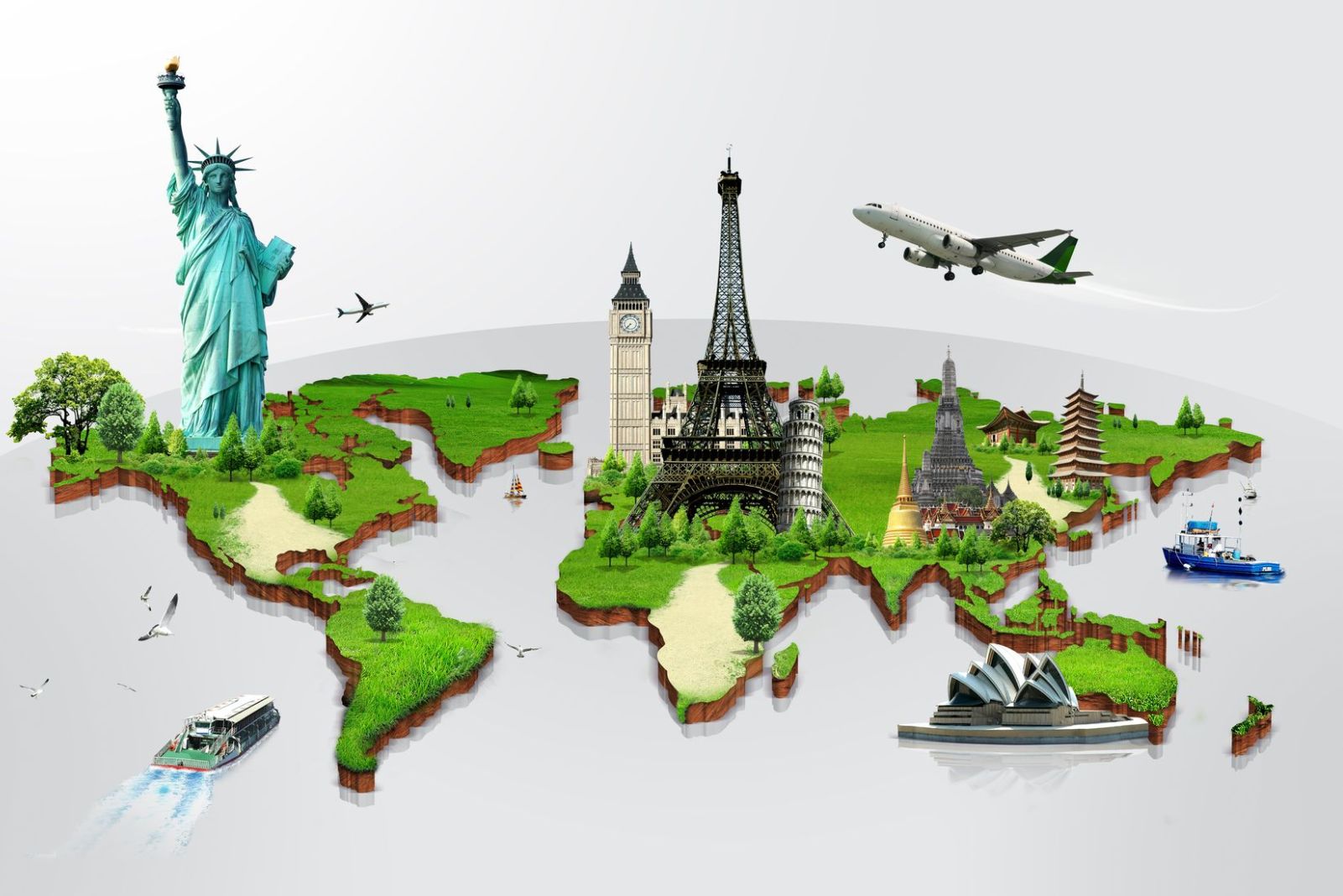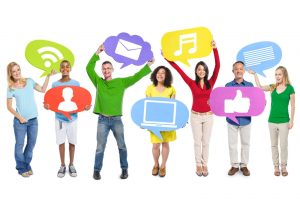
Social media has no geographical barriers
As we continue to embrace (and comprehend) the seemingly endless array of social media platforms, we’re not only figuring out how best to engage with our local communities, but also how to make the most of the global audience and opportunities now at our finger tips.
Geography is no longer a barrier. People can connect from everywhere in the world, as long as they have an online connection. We can now talk to our business partner in China from a coffee-shop in New Jersey, shop for clothes while lying in bed, and even take a leadership course while we’re on vacation. (Although we strongly recommend paying attention to your family and friends rather than a computer screen – but that’s another post entirely!)
So, beyond convenience, what are some of the benefits – both business and personal – that social media has provided now that geographical barriers are virtually eliminated:
- Long lost relationships
Social media networks help you connect with your friends and family, no matter where you are. There are numerous alternative apps and tools that you can use and most are free (Facebook messages, Skype or Viber for example). Also, you can make new friends and interact with people from places far beyond. And if we keep in mind the increased number of online dating and matrimonial services, we can surely agree that social media works wonders when it comes to relationships of all types.
- Better informed
Like a forest fire, the networking sites spread the news about any major or minor event from across the globe within seconds of their occurrence. People learn about breaking news on social media, they participate and often times, they create the news. Hurricane Sandy is a great example to support the idea that information now flows faster than ever.
- Educational opportunities
With the use of social media, students can discuss educational topics and assignments as a group and can keep themselves updated on the go. Also, social networking provides academic research to a wider audience, providing many people access to previously unavailable educational resources. Social networking sites are also being used to give students a support system at colleges, and to offer teachers a platform for collaboration with other teachers and communication with students outside the classroom.
- Job seeking
In today’s “freelance economy,” relationships and referrals are the anchor of business development. Many networking sites, most prominently LinkedIn, are dedicated to employment opportunities. At the same time, there are several networks like Elance focused on hiring freelancers and finding freelance jobs instantly. Typically, in the past, referrals were driven by geographic proximity, and the willingness to hire someone from afar became more acceptable only if the connection was through a personal referral. Now, you can get trustworthy recommendations and long-distance jobs by using social media.
- Business support and development
Social media sites take business support to an entirely new level. They connect professionals with shared business challenges and solutions, enabling professionals to literally tap into a global audience of advisors and providers previously unavailable to them. Also, small businesses benefit greatly from many free platforms to connect with customers and increase visibility for their products and services. In 2013, 43% of all marketers found a customer via LinkedIn, confirming that geographical barriers are now less of an issue.
- Local and global activism
Social networking sites are the easiest, low cost method for advancing a social movement. People can freely share views – no matter what they are — which can spread far and wide, enabling both local and global activism. Over the years we have seen mass riots organized through social media. Also, in terms of social change, social media presents diverse opportunities to address to an NGO’s audiences, utilizing methods and messages that meet exact interests and needs.
- Healthcare awareness
During the past few years we’ve seen a revolution in the healthcare business. People are using social networks to interact with health and medical professionals, to learn about healthier lifestyles and choices, and to take better control over their well-being. From new exercise techniques to diet plans, everything is shared on social media, allowing for a quick and easy spread of public health and safety information from reputable sources. When the Internet was born healthcare information on it was unreliable, but today there’s a wealth of quality information although consumers should not believe everything they read or see – especially when it comes to one’s health!
- Tolerance
Social media is often used as a platform for educational awareness campaigns about issues that have negative perceptions in areas such as mental health and disabilities. Social networking allows for open debate on these topics and removes the doubts and misconceptions with regards to them, while paving the road to a more tolerant society.
Needless to say, the impact of social networks has been, is, and will continue to be life-altering. The social media phenomenon has made the world a very small place, giving the cliché “what a small world” a whole new meaning. But keep in mind that it’s not so much the social media platform, but rather our usage that defines the effect on the world.
For businesses looking to tap into global opportunities presented by social media, we can help. Give us a call or email us at contact@newsmakergroup.com.



